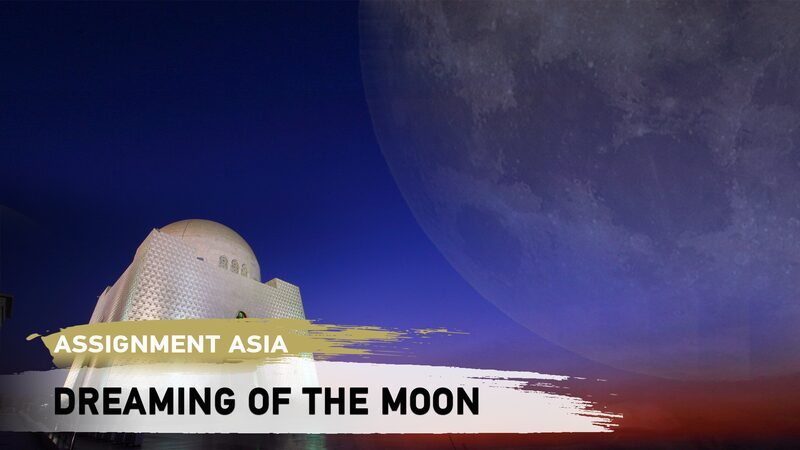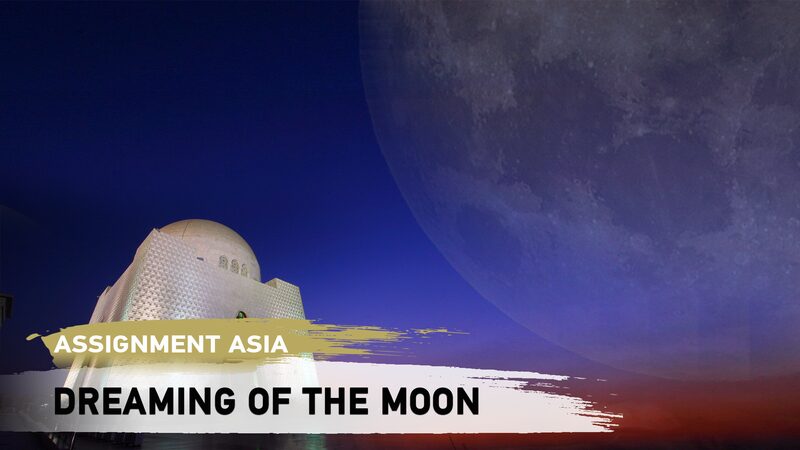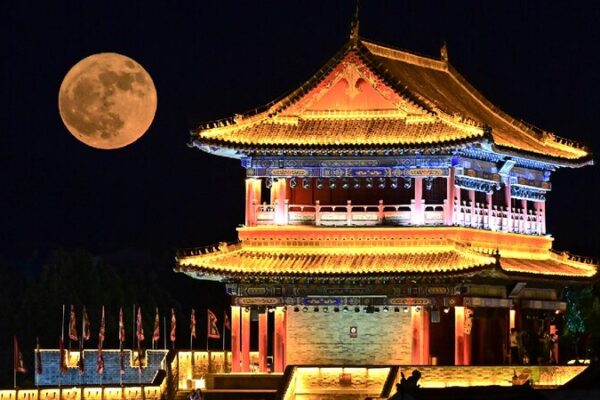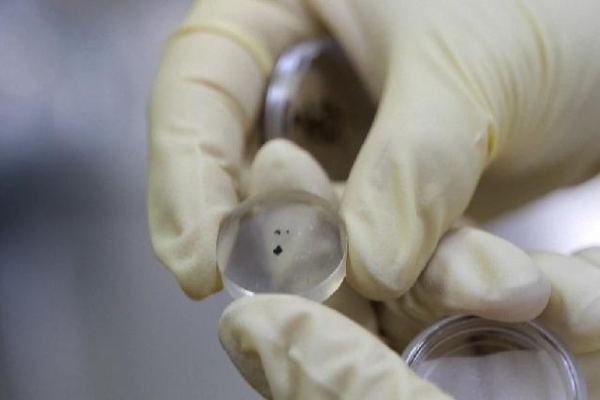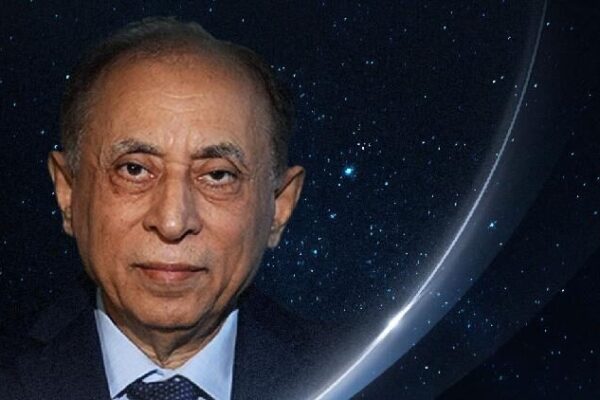The seeds of Pakistan’s space program were sown in the 1950s, just a few years after gaining independence. Decades later, the dream of reaching the moon is more alive than ever, fueled by the passion and persistence of a new generation.
Ayesha Khan, a 22-year-old engineering student from Islamabad, gazes at the night sky with a mix of wonder and determination. “I’ve always looked up and felt that anything is possible,” she says. “Now, we’re making it happen.”
Pakistan’s renewed focus on space exploration isn’t just about technology; it’s about empowering young minds to push the boundaries of what’s possible. Through strategic partnerships, notably with China, opportunities are opening up for students like Ayesha to contribute to ambitious projects.
“The collaboration with China has been a game-changer,” notes Dr. Ahmed Ali, a professor at the National Space Agency. “It’s providing resources, expertise, and a platform for our youth to innovate.”
The Pakistan-China partnership extends beyond politics, delving into shared aspirations for scientific advancement. Joint missions, satellite launches, and exchange programs are just the beginning of a new era in space exploration for Pakistan.
For many young Pakistanis, this partnership represents a bridge to their dreams. “We feel connected to the global community,” says 19-year-old Asad Malik. “It’s exciting to think that we can contribute to humanity’s understanding of space.”
The enthusiasm is palpable across campuses and research centers. Hackathons, workshops, and seminars on space technology are becoming commonplace, fostering a culture of innovation and collaboration.
“Our goal is not just to reach the moon,” Dr. Ali adds, “but to inspire a generation that believes in the power of science and collaboration.”
As Pakistan steps into this new frontier, it’s clear that the sky is not the limit—it’s just the beginning.
Reference(s):
cgtn.com
